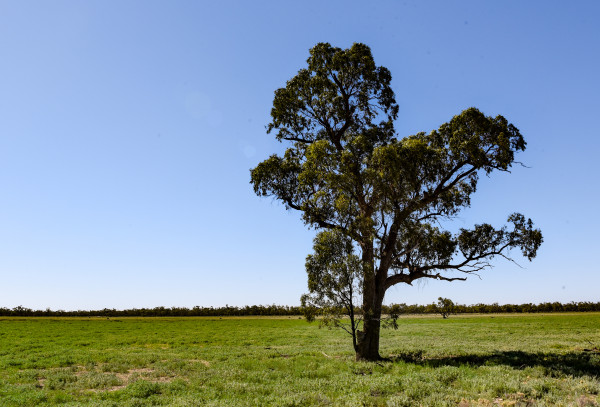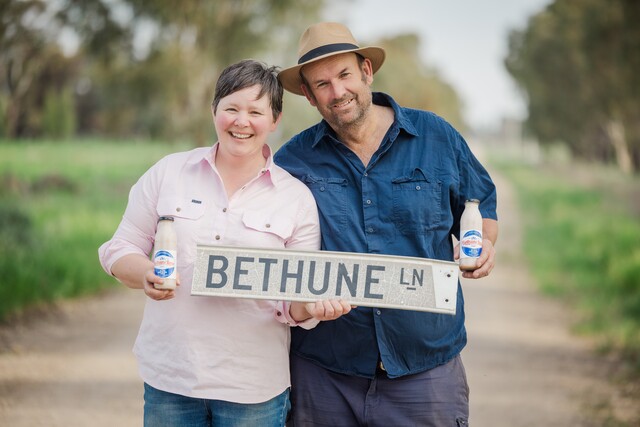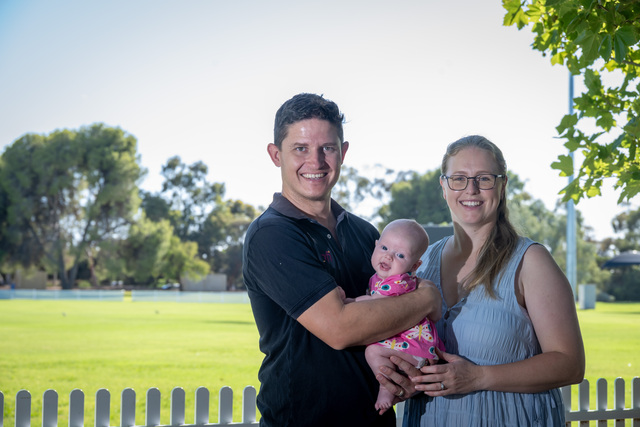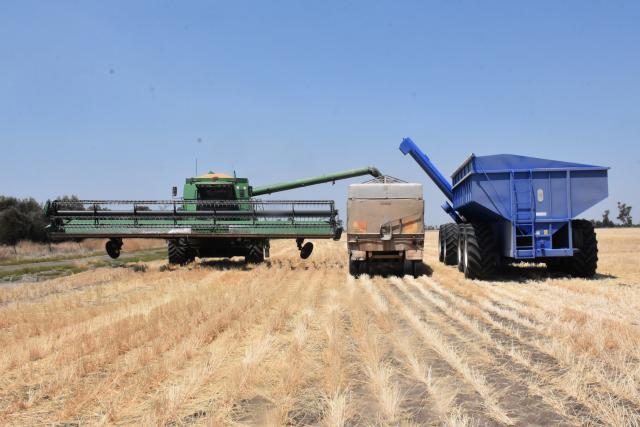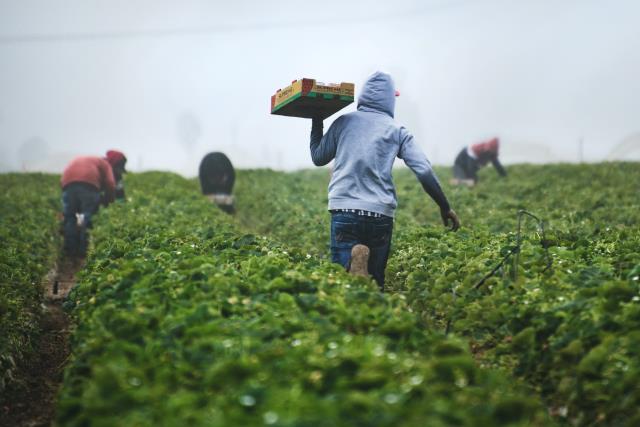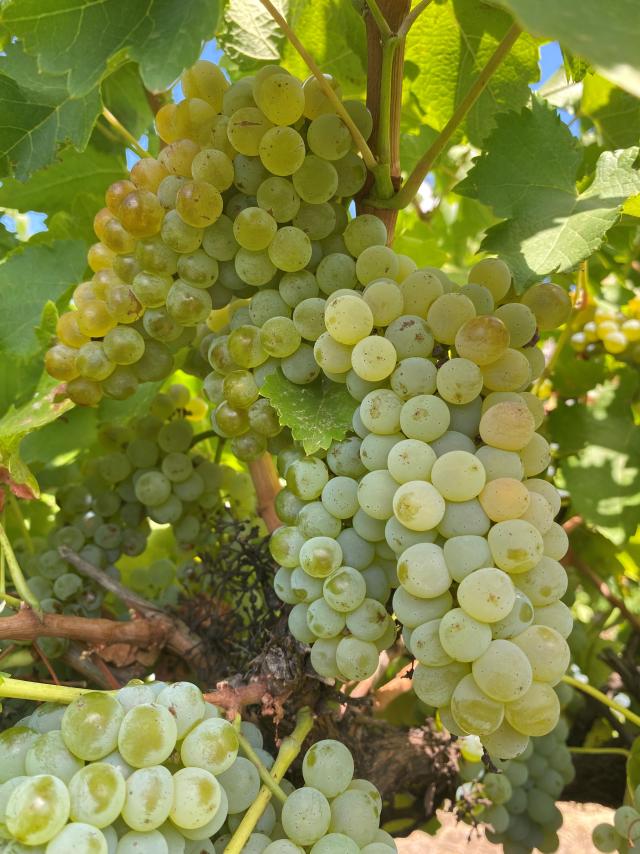THE NSW government has approved Water Sharing Plans that will license floodplain harvesting in the northern basin, but an ecologist has warned of dire consequences for Menindee Lakes.
Water Minister Kevin Anderson and Environment Minister James Griffin approved changes to the sharing plans to allow for licences for floodplain harvesting to be regulated in Border Rivers, Gwydir and Macquarie.
The sharing plan will set flow targets for the Barwon-Darling and outline a minimum reserve of 195GL for Menindee Lakes. Any time water storages drop below that figure, harvesting would not be allowed.
Mr Anderson said the restrictions on floodplain harvesting take if levels fell below 195GL were a first for the Murray-Darling Basin and would balance upstream take with “downstream critical human and environmental needs”.
“This is a policy that supports farmers and downstream communities and will return around 100 billion litres of water to our floodplains and river systems per year on average, and more than three times that volume in wetter years, which is a great outcome,” he said.
Mr Griffin said the plans would ensure an independent review of the local access triggers and Menindee target would occur within the first three years of the plans, with changes to follow if warranted.
“These are the first-ever enforceable controls put into law that will reduce, restrict and limit floodplain harvesting and strengthen existing protections for water sources and dependent ecosystems,” Mr Griffin said.
River ecologist Richard Kingsford, the Director of the Centre for Ecosystem Science at UNSW, said flow targets measuring water levels in the Barwon-Darling River were a “good idea”, but current proposed targets would not meet environmental and community needs.
“They’re targets you have when you don’t want targets,” Mr Kingsford said. “Those flow targets need to be much higher.”
He warned that once river levels dropped, low flow targets would do little for the ecology of Menindee Lakes and the Darling River, including Kinchega National Park, and long-term damage was “still to come”.
“It provides important places for a whole lot of native animals and various native fish species and water birds, including migratory species and some rare species.” he said.
“If we have another really dry spell, the river will dry up again. And it won’t have those major waterholes that can last through the tough times.”
South West Water Users Association chair Howard Jones said any rules licensing floodplain harvesting should guarantee minimum reserves of at least 480GL.
“That’s for 18 months’ supply to keep a healthy water regime at Menindee Lakes and the lower Darling and (195GL) could be the catalyst for massive fish kill like we had last time,” Mr Jones said.
“They’re designing the thing for (the Lower Darling) to die. I’ve never seen that before in my life.”
During the fish kill in 2018-19, up to three million fish are estimated to have died. Water levels at Menindee Lakes were at 98.41GL in December 2018.
An independent report recommended future water resource plans for the northern Basin protect first flushes, low flows and enhance system connectivity.
NSW Irrigators Council chair Claire Miller said while it was “a sombre day” for irrigators, the reform was “long overdue” and a “big step forward” for the environment.
“Rigorous environmental science assessments have found the regulation will significantly improve outcomes for native fish, native vegetation and waterbirds,” Ms Miller said.
She said the 195GL reserve at Menindee Lakes was “slightly better” than older historical reserves at Menindee Lakes.
“The Menindee lakes (as part of) Broken Hill’s water supply … had to maintain 18 months’ reserves, which NSW worked out operationally at an average of 167GL,” Ms Miller said.
“This 195GL target is simply maintaining that historical minimum reserve. In fact, it’s more than what was kept in there previously over the last 40 years.”
Under the new plans, licence holders in the Border Rivers and Gwydir valleys will have their water accounts credited by September 1, and the floodplain harvesting network will be fully operational.
Licences for Macquarie, Barwon-Darling and Namoi valleys may come into effect later this year or early 2023.

